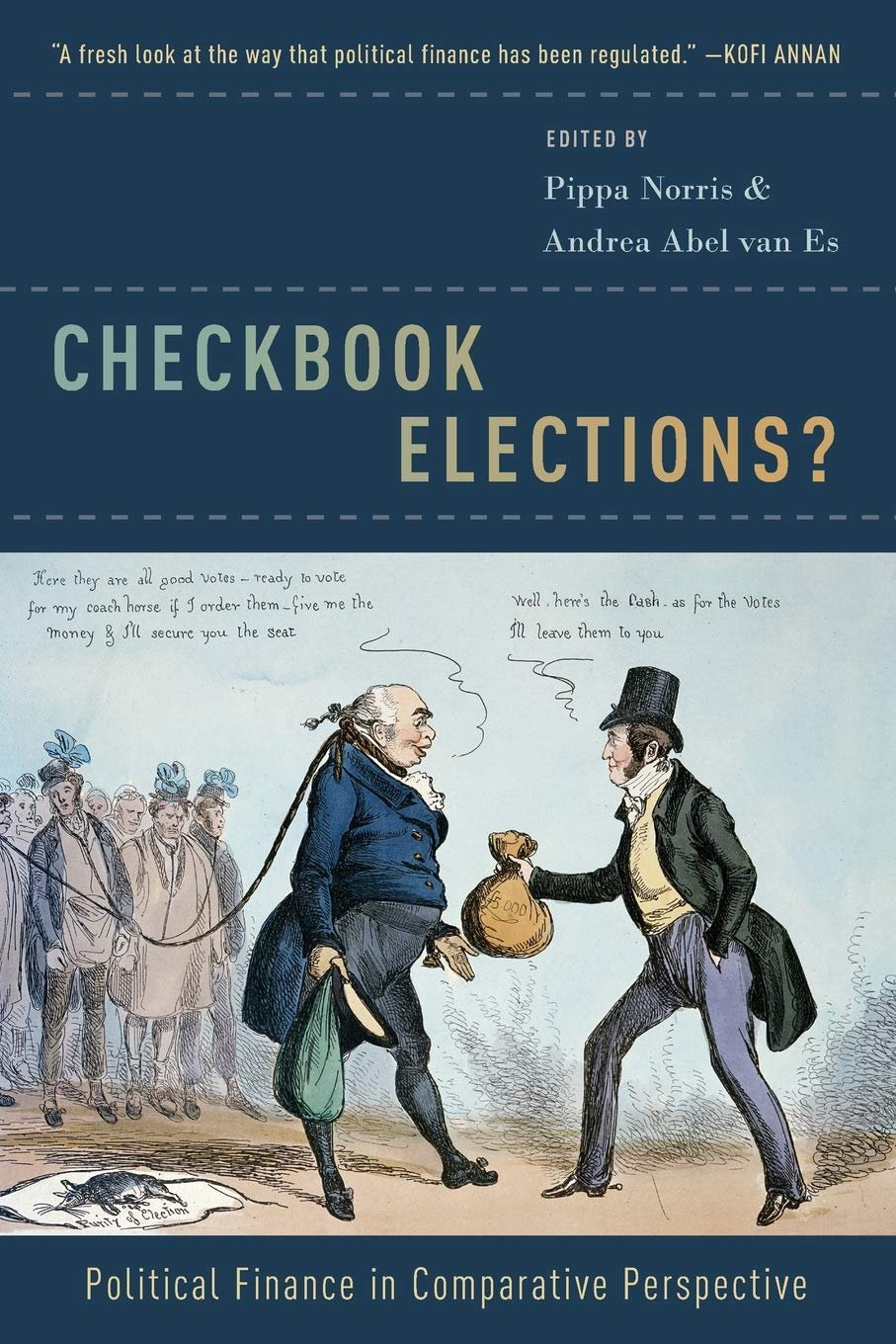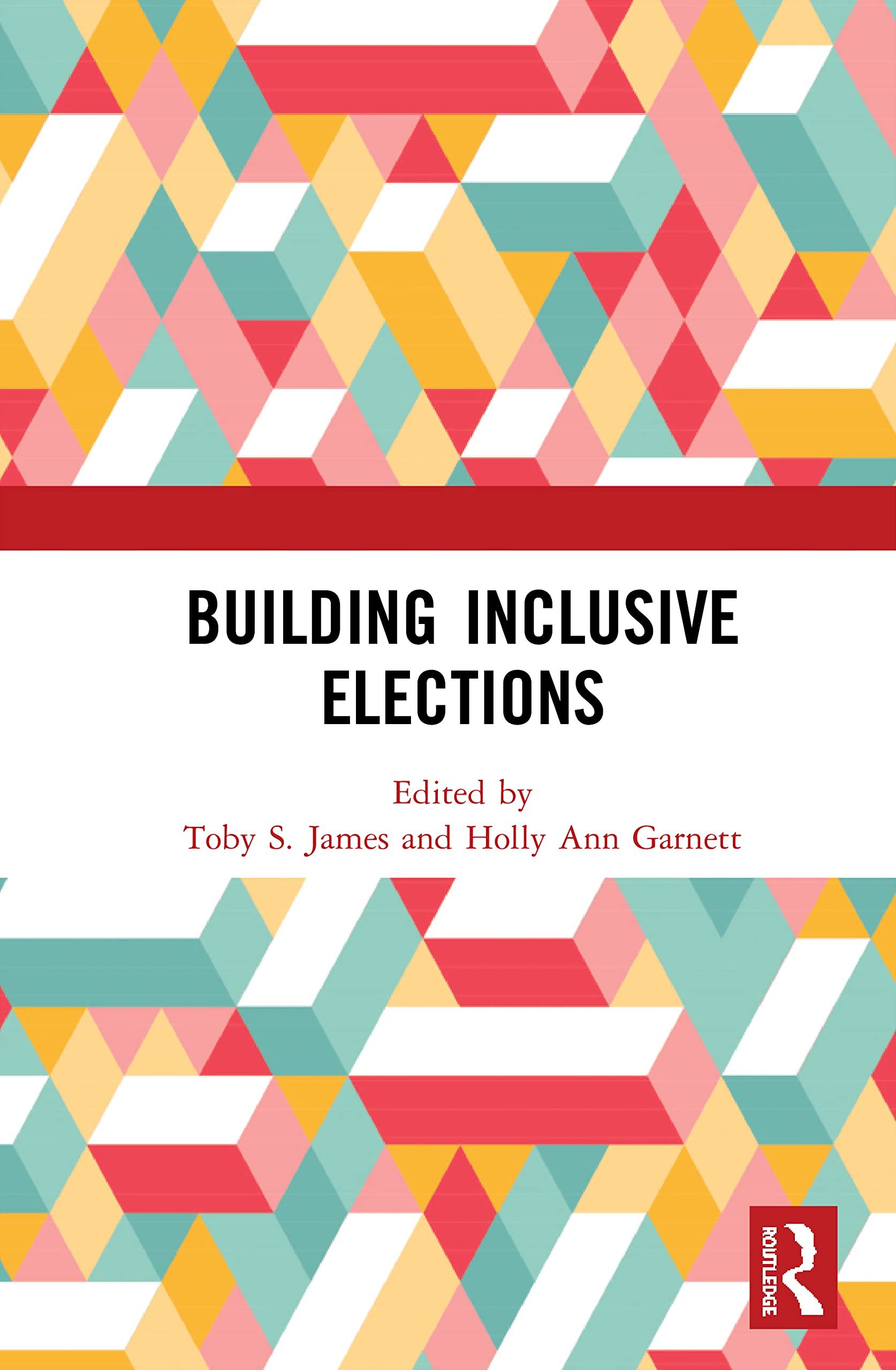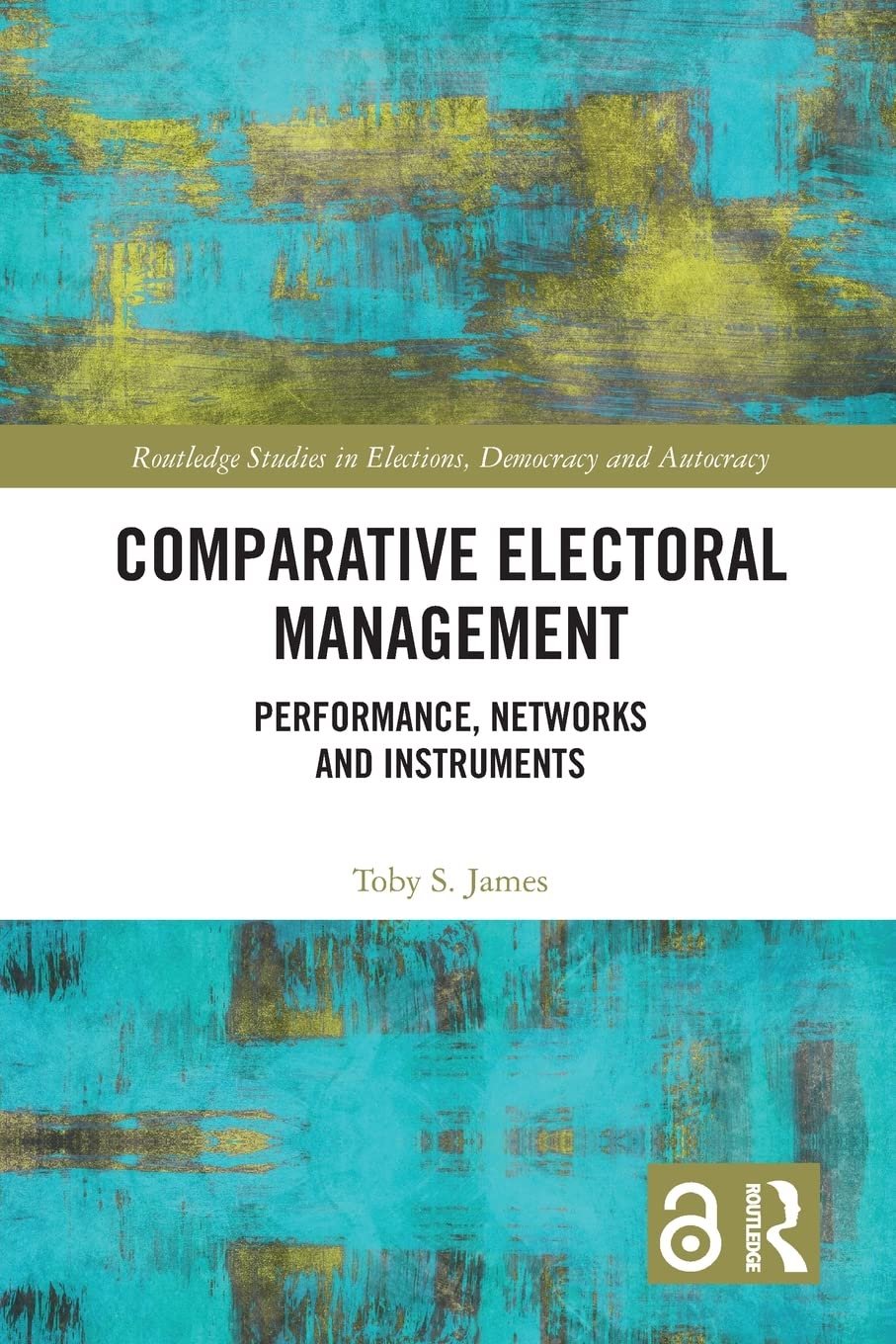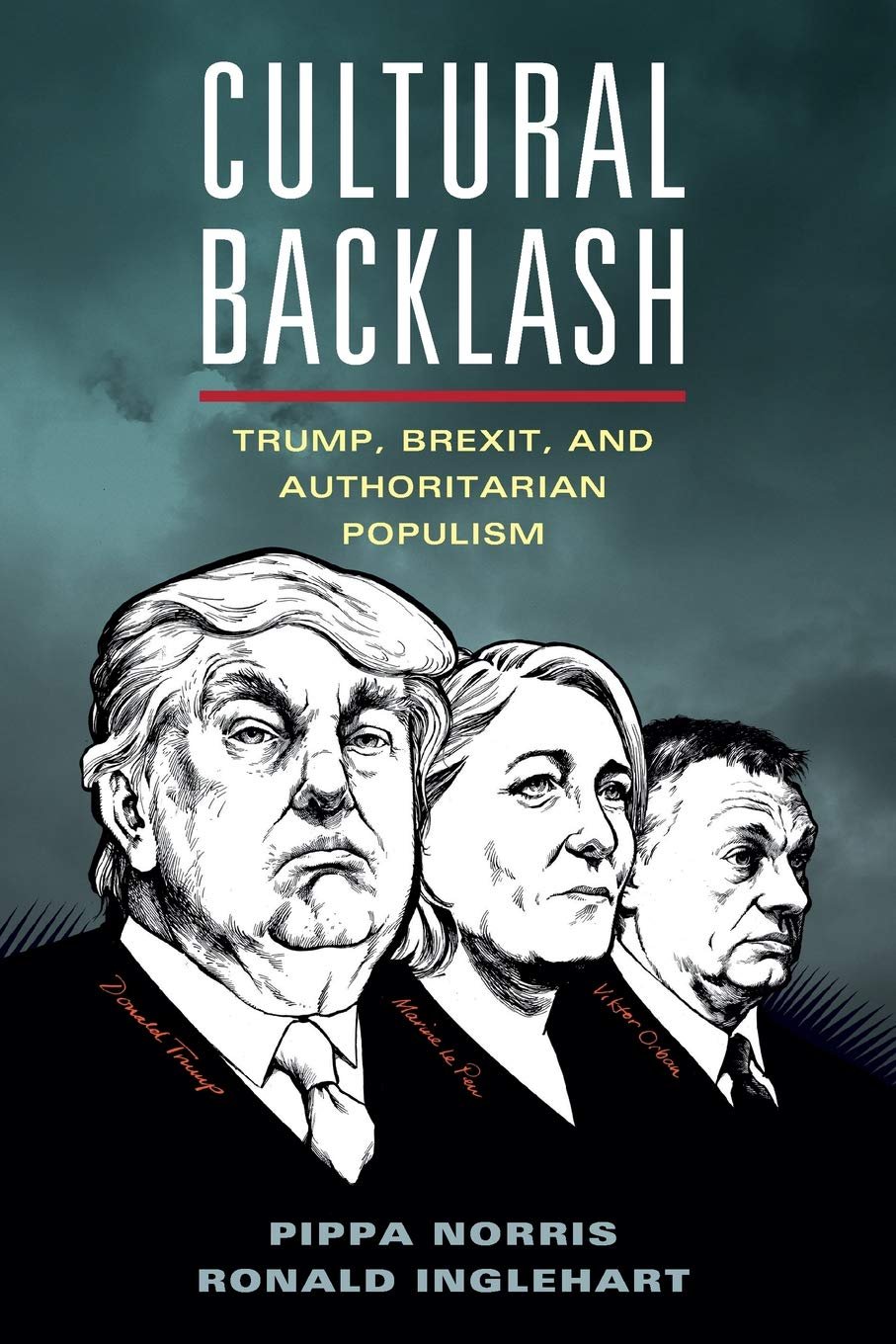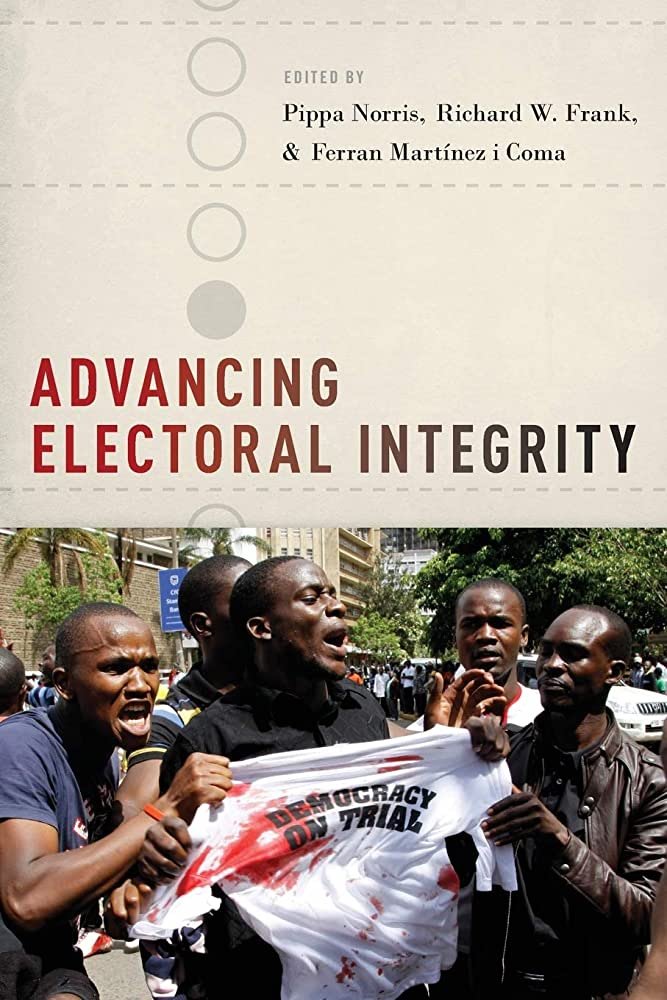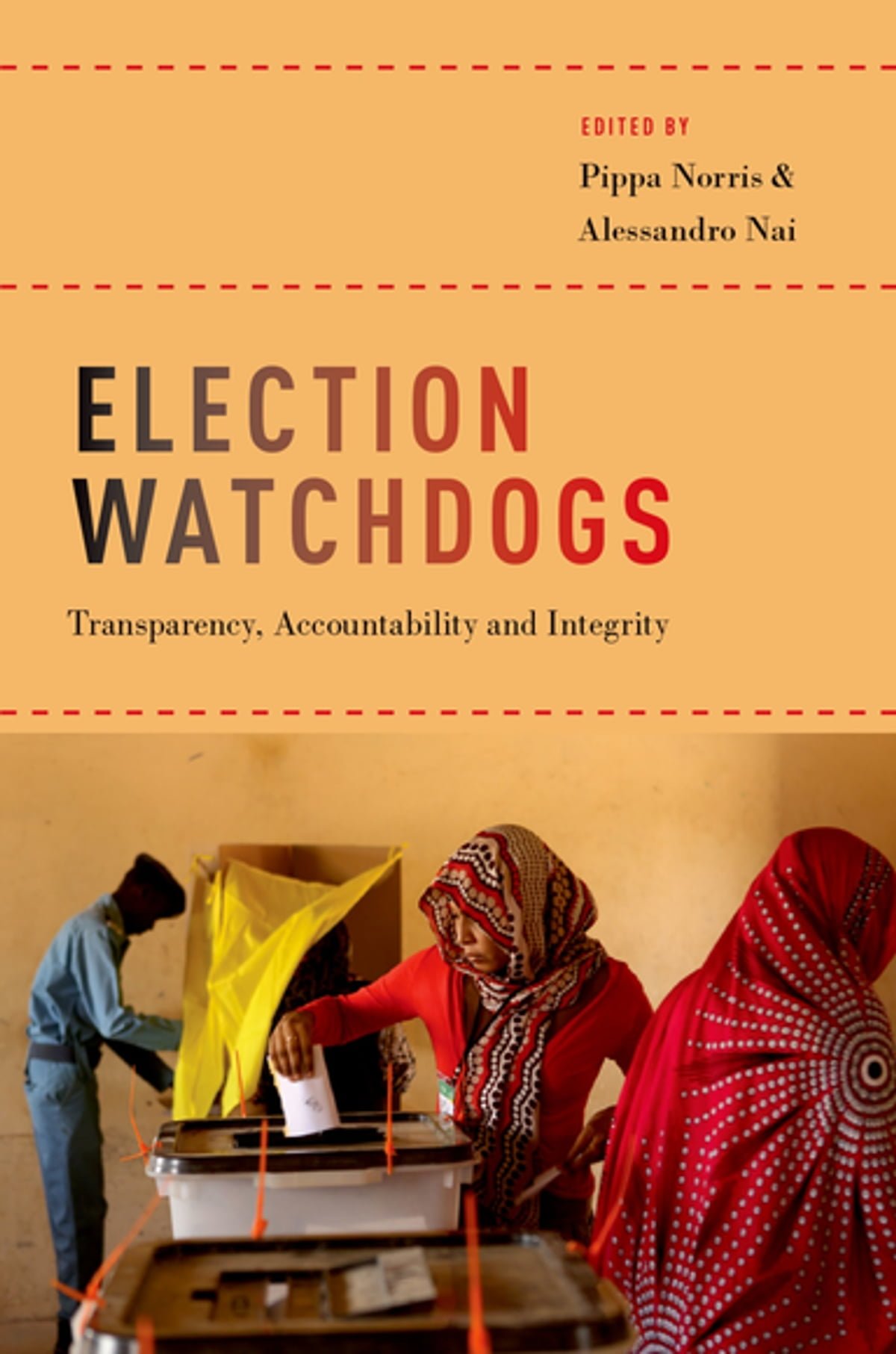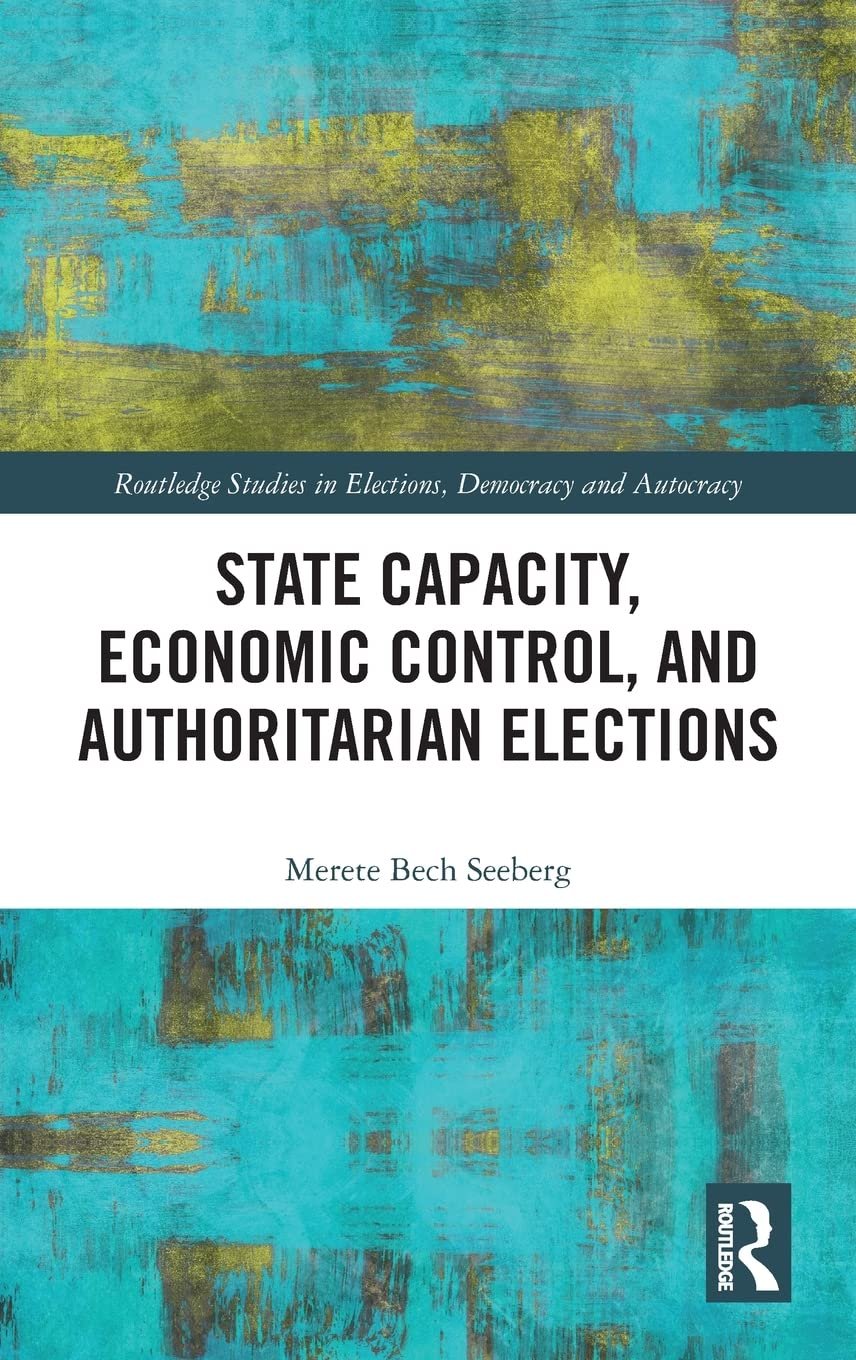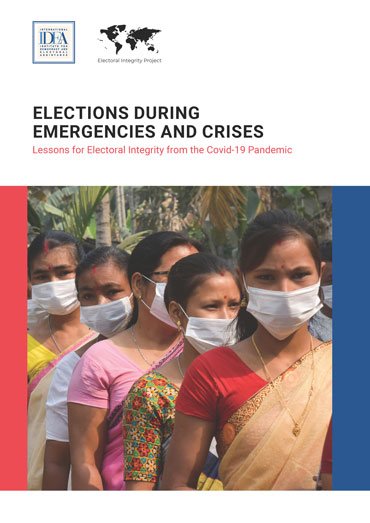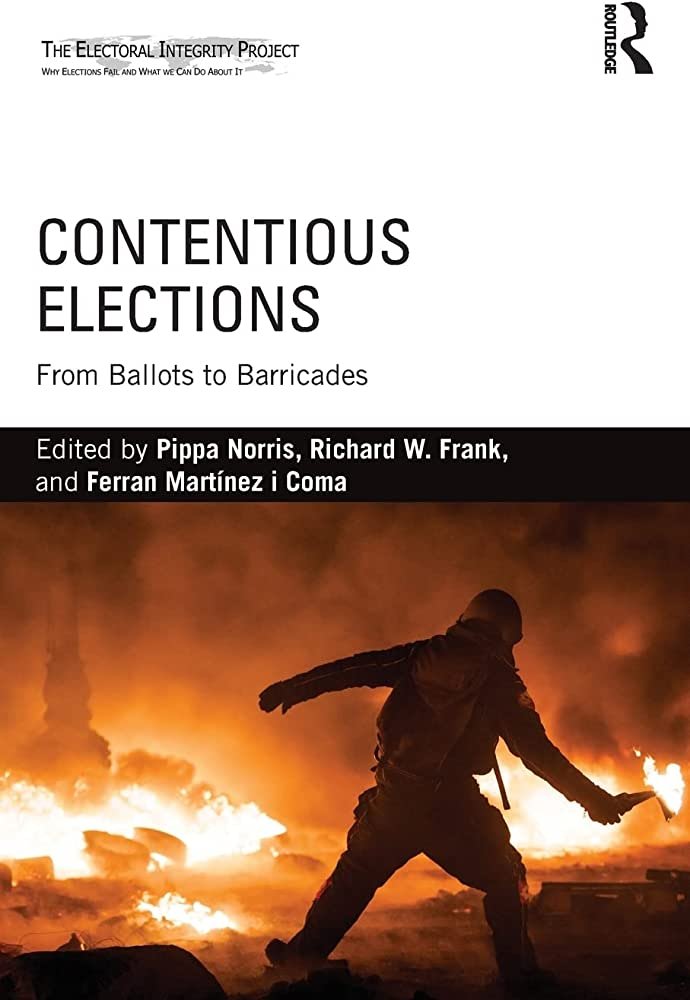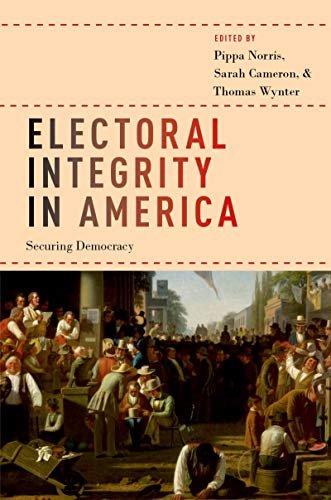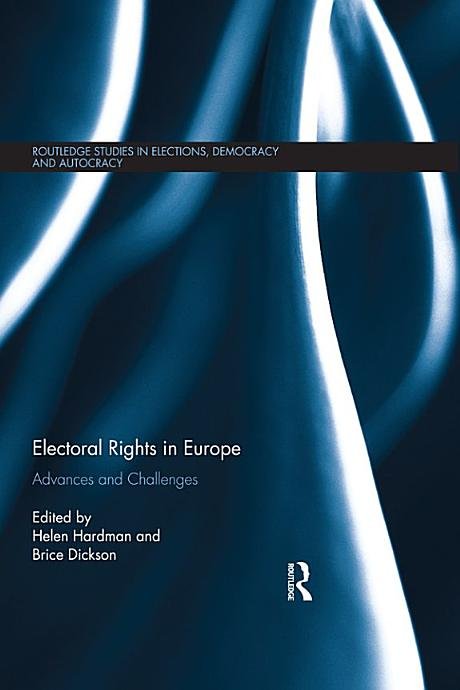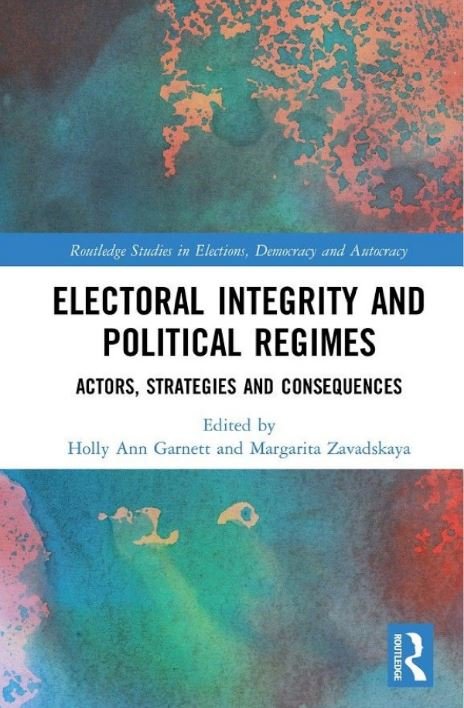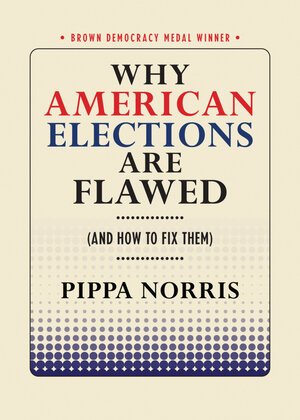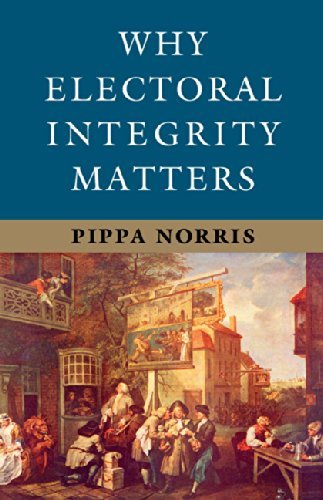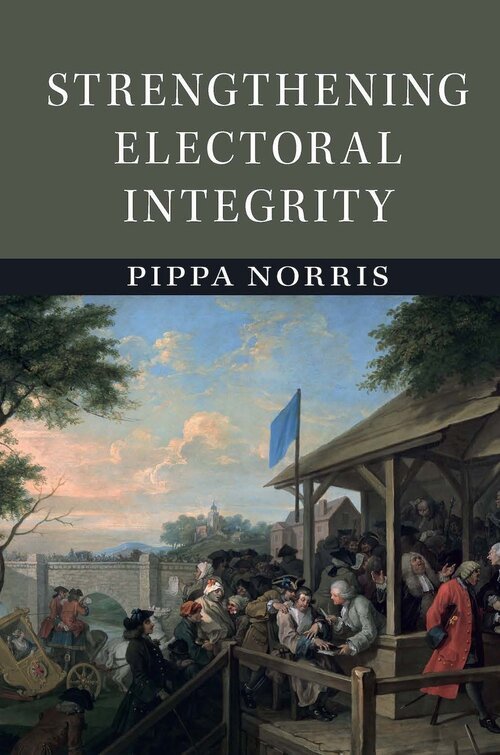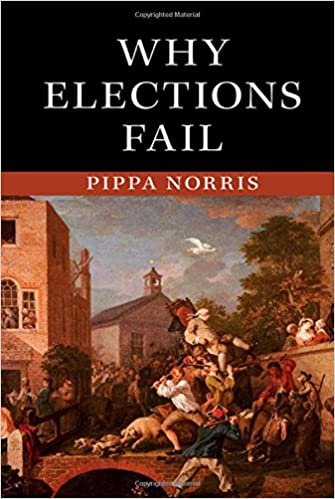checkbook elections?
political finance in comparative perspective
………………………………………………
Edited by Pippa Norris and Andrea Abel van Es
………………………………………………
Synopsis
Money in essential for electoral politics yet regulating its appropriate use raises complex and controversial challenges in countries around the world. Affluent societies and long-established democracies have been sporadically rocked by major problems of financial malfeasance, exemplified by the “Recruit” scandal in Japan, the misuse of “Westminster expenses” in Britain, and “Watergate” in the United States. Problems of graft, corruption, and cronyism have also commonly plagued many emerging economies, including in India, Russia, Brazil, South Africa, and Indonesia.
To throw new light on these important challenges, this book addresses three questions:
I. What types of public policies are commonly used to regulate money in politics?
II. What triggers landmark reforms?
III. And, above all, ‘what works’, what fails, and why – when countries revise policies?
To understand these issues, the book combines a worldwide comparison and classification of regulatory policies to sketch the big picture, along with a range of in-depth country case-studies, to probe the underlying historical processes of reform occurring within specific contexts. Since the regulation of political finance is a global challenge, the book compares a diverse range of cases, including affluent societies and long-established democracies, as well as emerging economies and hybrid regimes

